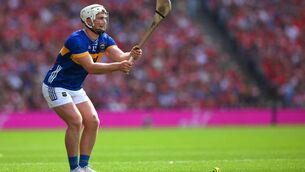Hurling format the key debate
Additionally, they will be asked to adopt the proposals of the Task Force committee, which incorporate Association President Sean Kelly's vision for an enhanced role for weaker counties in the football championship. However, it's accepted that the key debate will centre on whether to adopt the current hurling system in rule or to permit a further two years experimentation.
This would involve the introduction of a new format, as proposed by the Hurling Development Committee - chaired by Pat Dunny from Kildare and featuring former managers Ger Loughnane, Liam Griffin, Cyril Farrell and Nicky English among others.














